KUALA LUMPUR, July 1 ― A group of Bumiputera information and communications technology (ICT) companies have accused Putrajaya of sidelining them, allegedly favouring Western-based companies instead of local ones.
In a press statement yesterday, the Malaysian Association of Bumiputera ICT Industry and Entrepreneurs (NEF) gave the example of MySejahtera, the official Covid-19 contact tracing mobile app that was developed by the United States-based KPISoft Inc instead of a local firm.
On its website, the Houston, Texas-based company said it specialises in “working with enterprises to adopt disruptive technologies and use augmented analytics, artificial intelligence, and behaviour science”.
KPISoft also listed the MySejahtera app as one of its “success stories”, where it said it is “helping” the government of Malaysia to monitor the spread of the Covid-19 outbreak by “digitising contact tracing and enabling timely recommendations and actions”.
KPISoft has three other headquarters globally, with the nearest of them situated in Singapore.
NEF also gave a few other examples while citing that there are Malaysian firms and even students with very good track records in developing digital applications, but was not selected or invited from the get-go to help the government in developing its own technology.
The group’s president Khairil Iszuddin Ismail gave another example of alleged favouritism involving the Ministry of Education.
“The ministry recently launched the DELIMa (Digital Education Learning Initiative Malaysia) website, where local solutions and digital content was not put forward,” said Khairil.
Another example he gave was the development of Perkeso’s MyFutureJobs website using Dutch technology.
Khairil pointed out that it is improper for foreign companies with tremendous capital benefiting from government and public funds while local firms are struggling to survive with limited capital but has the capacity to deliver equivalent products.
“Local firms have proven their capabilities in community projects. Some of them include the CoronaTracker which was developed through crowdsourcing and local volunteers who did not receive any remuneration.
“MyBanjir was also developed by local unpaid volunteers through crowdsourcing to assist with the Kuala Krai floods not too long ago. DATA8 Sdn Bhd had also quickly volunteered their service to develop a Covid-19 screening record system for the Sungai Buloh Hospital.
“Another is Datang.my which was developed by Uniten students who donated the system to be used by schools for free to record school attendance while placing high priority on privacy in the era of Covid-19,” said Khairil.
The association head then claimed that there are locals determined to bring in foreign competitors and eliminate local firms while being backed by the government or political ties.
He argued that it was Putrajaya’s duty to defend local industries and develop Malaysia’s own ICT firms and made a few proposals and demands to the government.
Some of their demands included: to conduct a more comprehensive due diligence process where local companies are given priority; engagements with local firms first from the earliest phases on constructing/developing products, and solutions for the public instead of just being an “afterthought”.
It also urged for an official policy to prioritise local companies during the procurement process on ICT-based development; and draft an official policy allowing for “open source” as this can help develop local ICT talent.

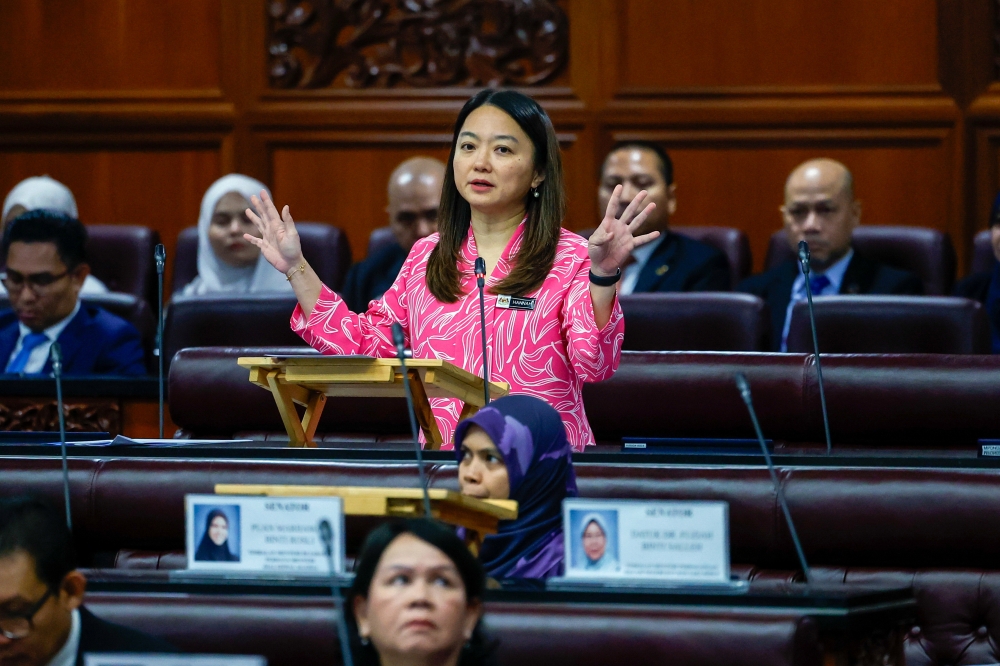


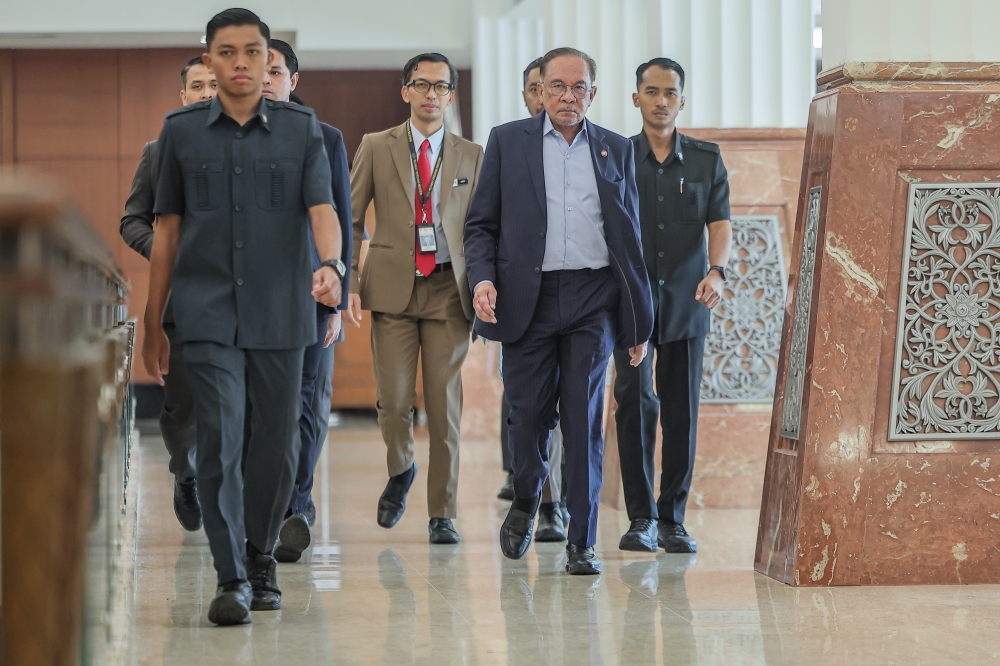
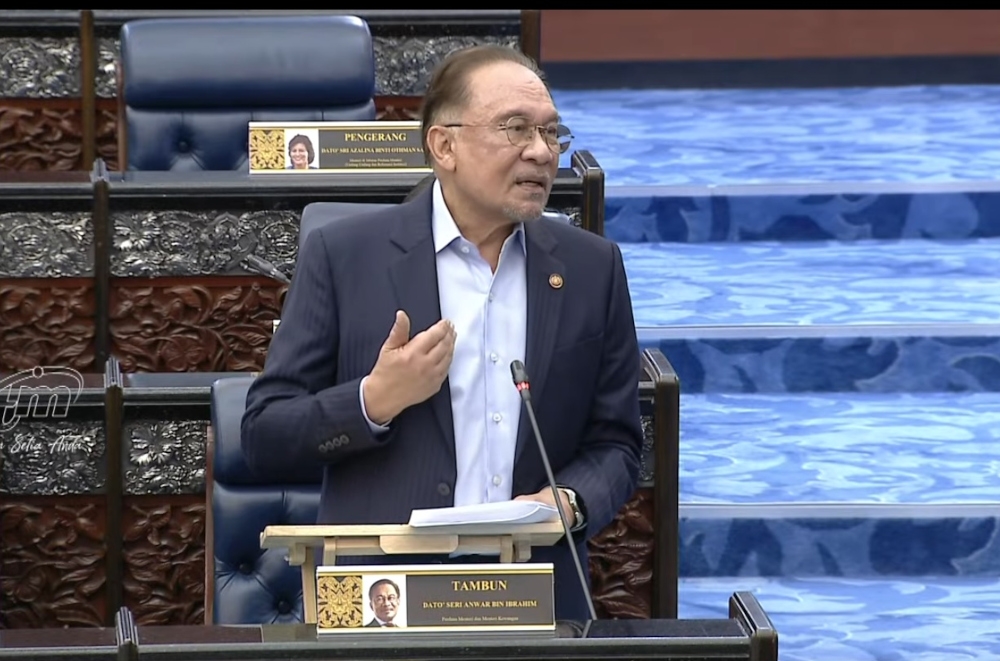
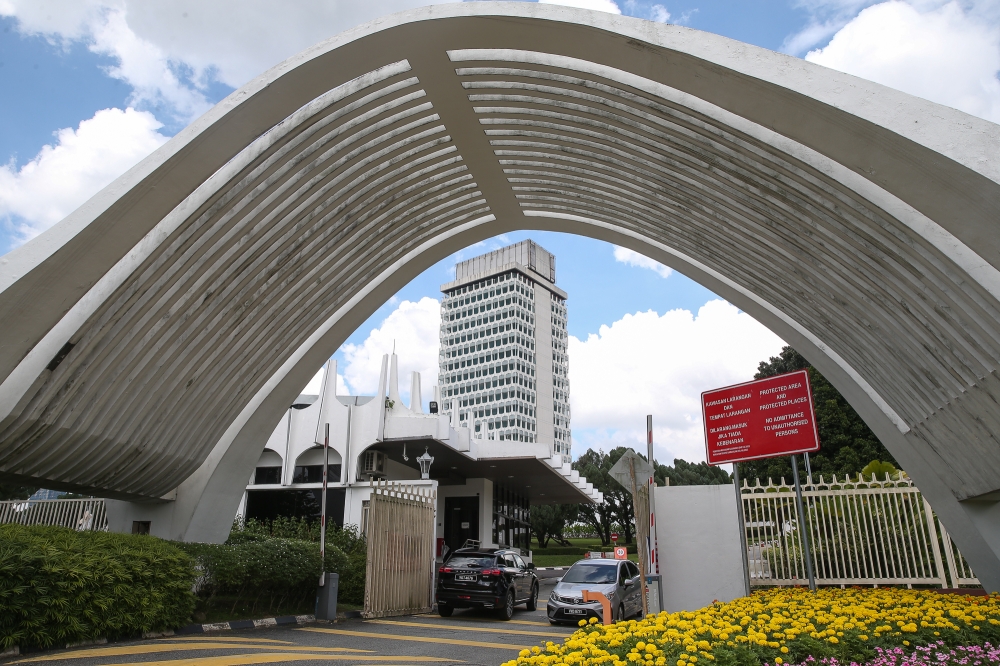


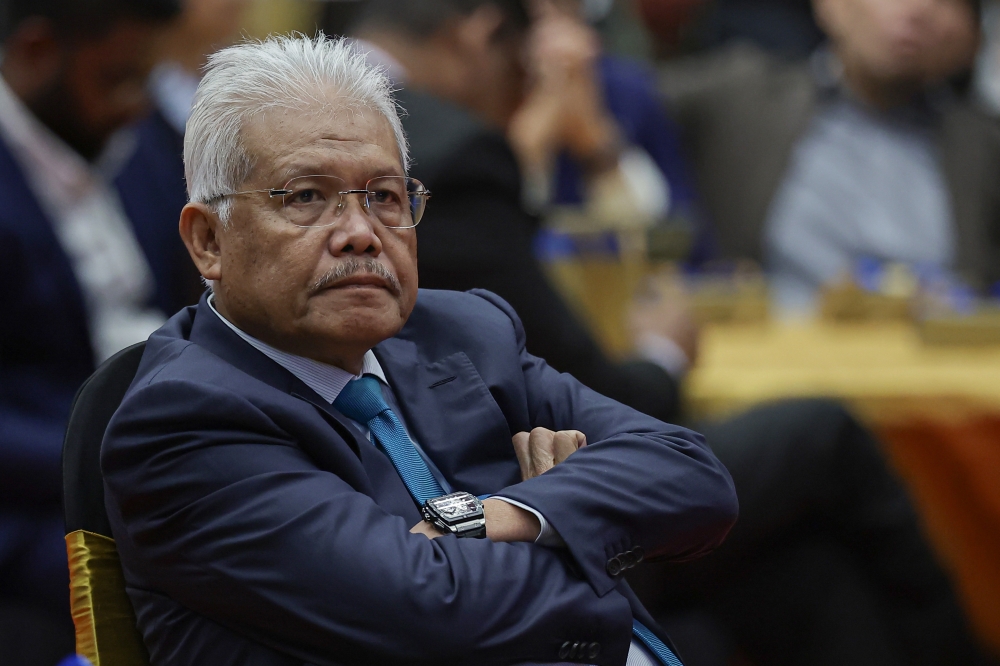
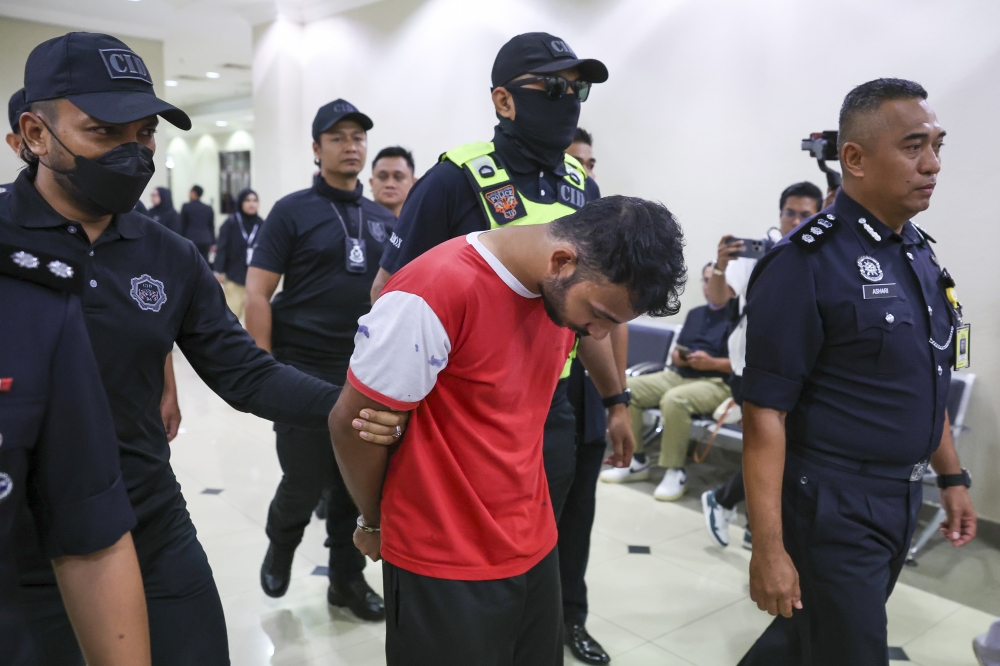
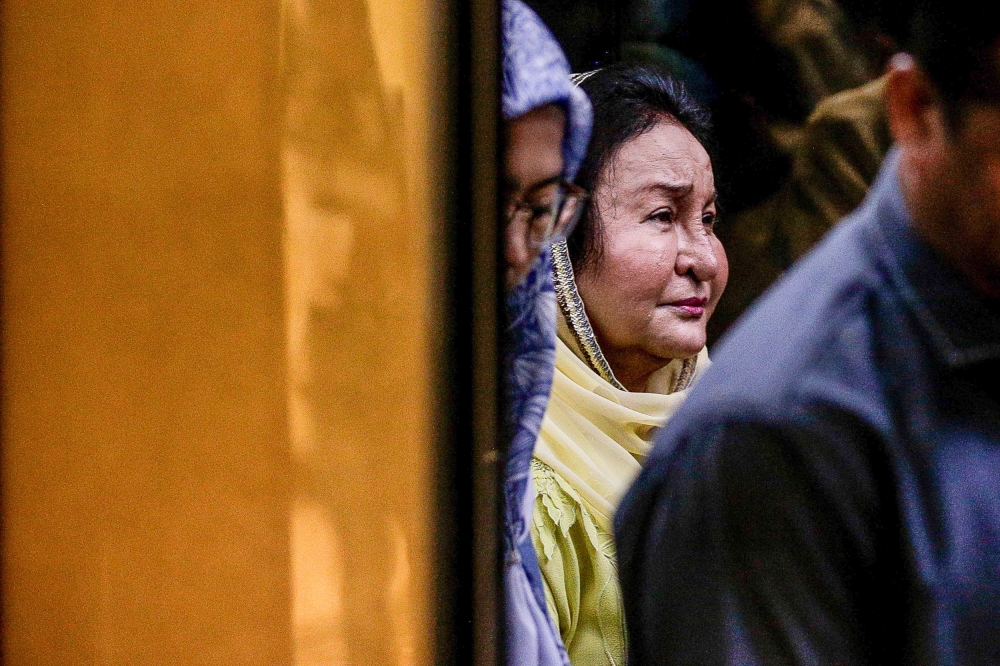
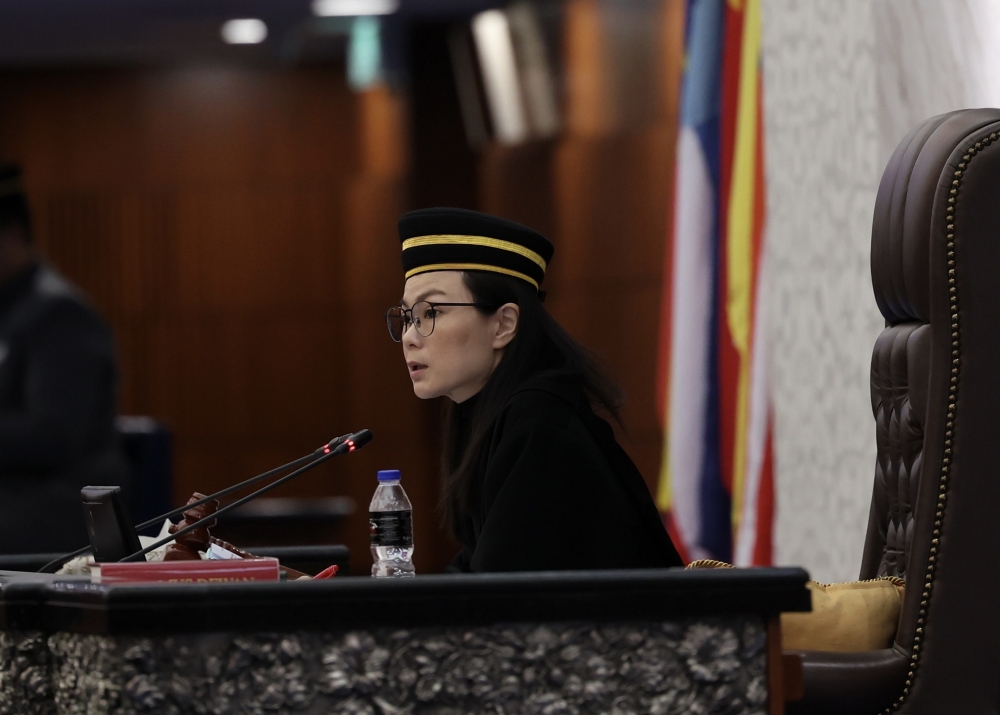
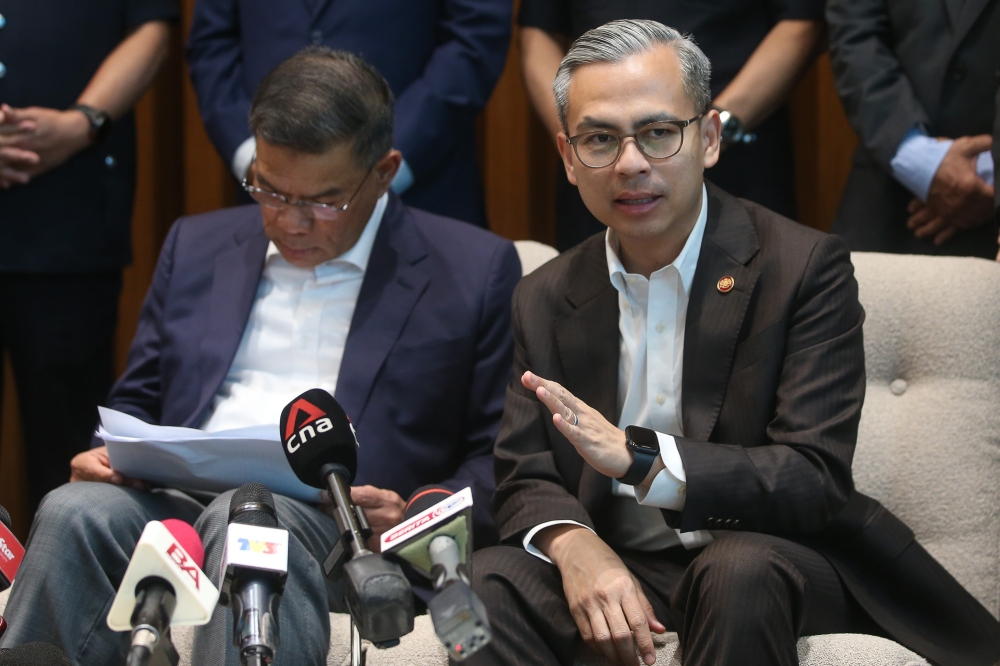

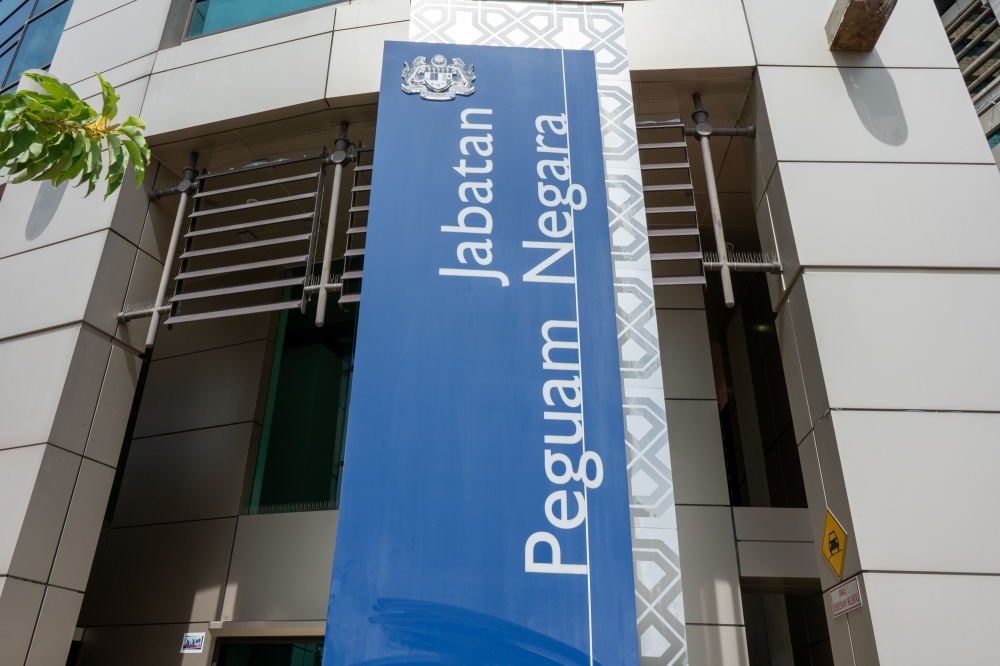
.jpg)


